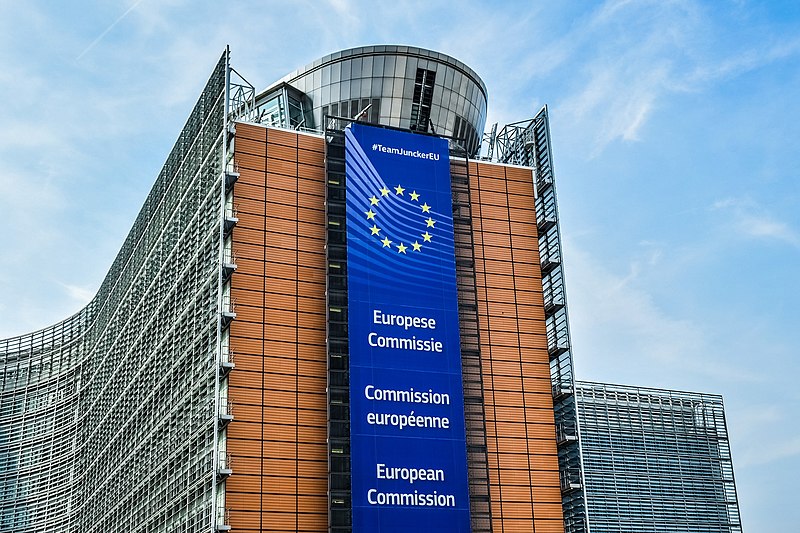 Photo by Dimitris Vetsikas on Pixabay https://bit.ly/3isRxnG
Photo by Dimitris Vetsikas on Pixabay https://bit.ly/3isRxnG
Americans for Tax Reform released the following statement on the European Union’s Digital Market Act :
We are extremely disappointed that the EU has finalized its Digital Markets Act (DMA), legislation which discriminates against U.S. companies and directly undermines transatlantic security interests.
As the world witnesses the first major war in Europe since World War II amid Russia’s invasion of Ukraine, transatlantic digital cooperation must remain strong. In this light, it is important to examine the EU’s recent announcement that it intends to “swiftly adopt” sweeping measures such as the Digital Markets Act and the Data Act with the purported aim of “reducing the EU’s strategic dependencies.”
The transatlantic tech community is standing up for core transatlantic values during the Russa-Ukraine conflict and is operating swiftly to counter disinformation and cybersecurity threats in Ukraine and the broader region. It is important to ensure that any new tech regulations support these key partnerships and do not undermine the joint ability of the United States and European Union to marshal technology capabilities at a moment of global crisis. Unfortunately, rather than strengthening the U.S.-EU alliance on security and technology issues, the DMA and other complex regulations such as the EU’s proposed restrictions on U.S. cloud services threaten to dismantle it.
Specifically, the DMA’s provisions could negatively impact allied efforts during the Russia-Ukraine conflict by:
- Opening up new security vulnerabilities by granting third parties access to hardware, software, and operating systems;
- Requiring the disclosure of sensitive user data, business information, and trade secrets that could fall into the hands of authoritarian rivals and their governments;
- Limiting the ability of companies to share data across platforms in order to detect and defend against complex security threats;
- And enabling purveyors of disinformation to challenge efforts by online platforms to limit the spread of malicious content.
Last year the U.S. and EU committed to partner on security and technology issues through the Trade and Technology Council (TTC) while “avoiding new and unnecessary barriers to trade in new and emerging technologies.” In the inaugural statement of the TTC last September, the EU and U.S. highlighted their commitments to non-discrimination as well as the “freedom to innovate and to have innovations protected.”
Regrettably, the Digital Markets Act text finalized this week appears to violate this principle of nondiscrimination by opting for narrow thresholds that cover only U.S. companies and exempt EU, Russian, and Chinese rivals from similar scrutiny. In addition, the DMA includes several measures that would damage shared transatlantic values on due process and the protection of privacy, security, and intellectual property.
Over the past year, the U.S. government has sought to provide reasonable input on the DMA through position papers and letters from the Biden Administration, the Senate Finance Committee Chairman and Ranking Member, dozens of members of Congress. However, instead of addressing these legitimate concerns, the EU has doubled down on a campaign of so-called “digital sovereignty” –– with a focus on decoupling from relationships with the U.S. technology ecosystem that currently benefit millions of people in Europe and the United States alike.
There is a better path forward. U.S. and EU policymakers have the opportunity to enter into immediate dialogue, including during the upcoming TTC meeting, to ensure that transatlantic security, geopolitical considerations, and the core transatlantic principle of fair and nondiscriminatory treatment guide the development and implementation of the DMA, Data Act, and new cloud security measures.
We urge policymakers on both sides of the Atlantic to take this opportunity to elevate the debate on cooperative technology regulation and take action to protect the interests of the transatlantic relationship.

